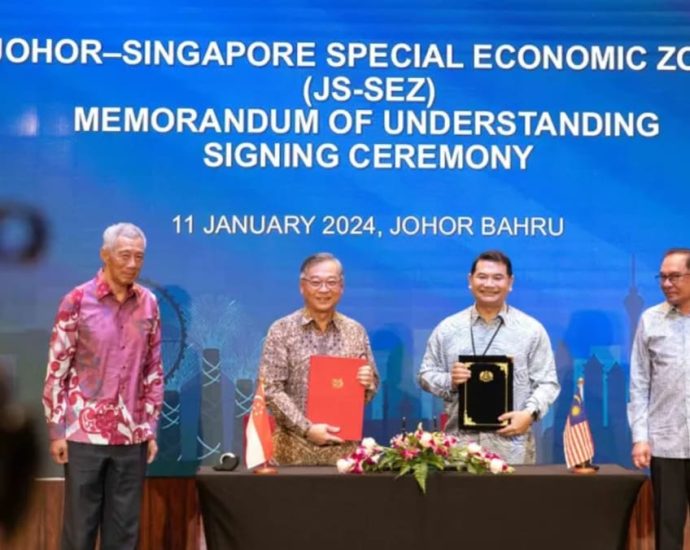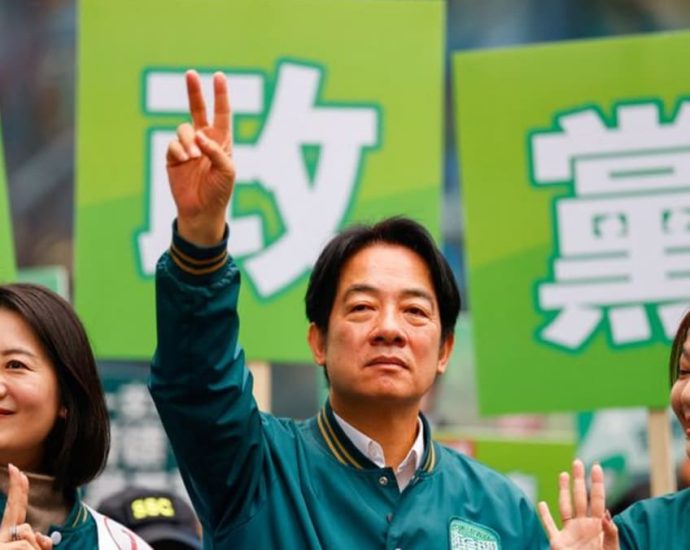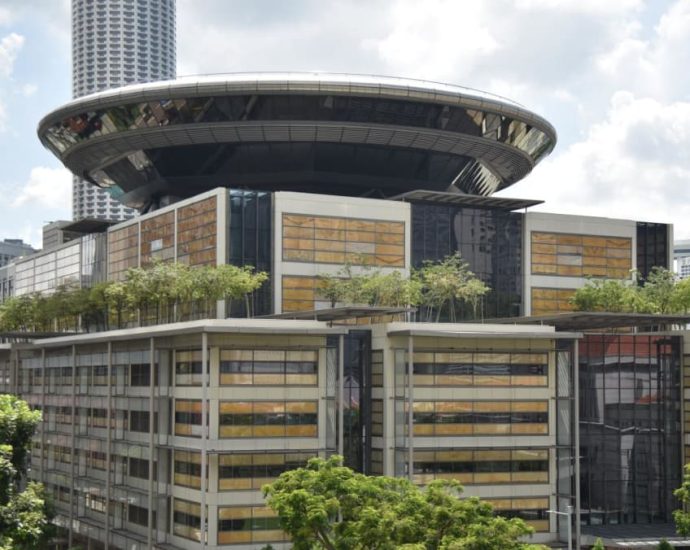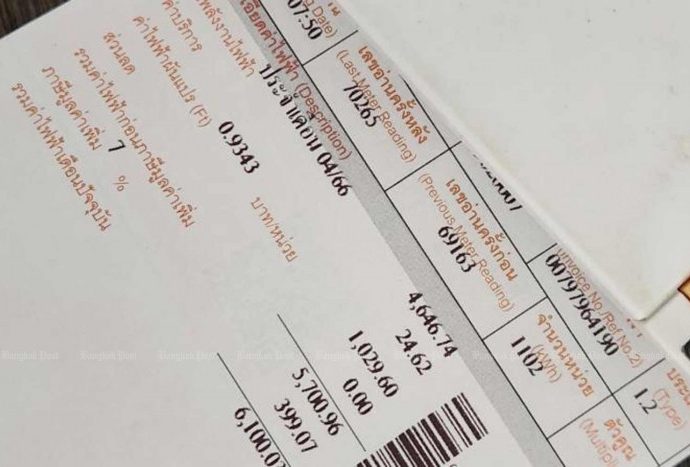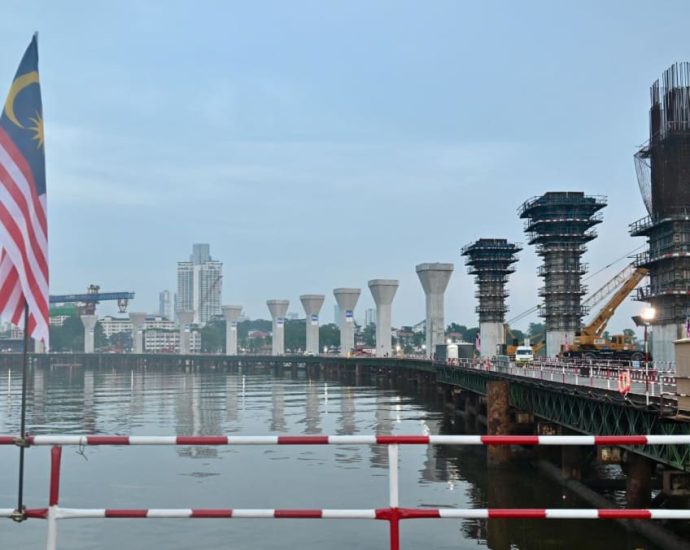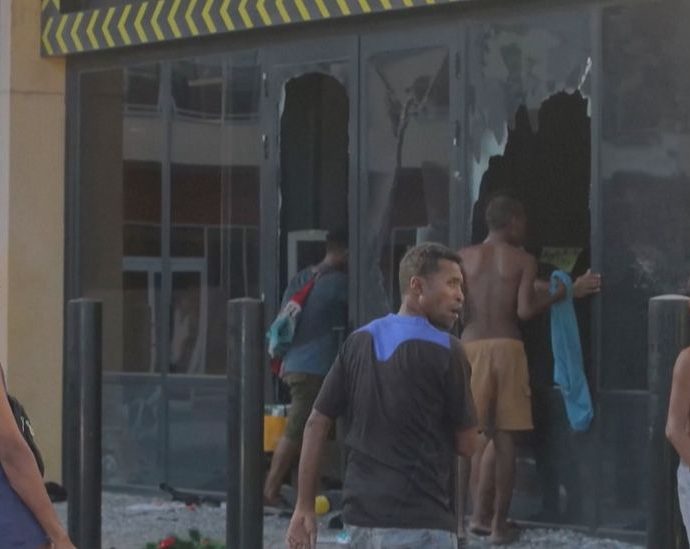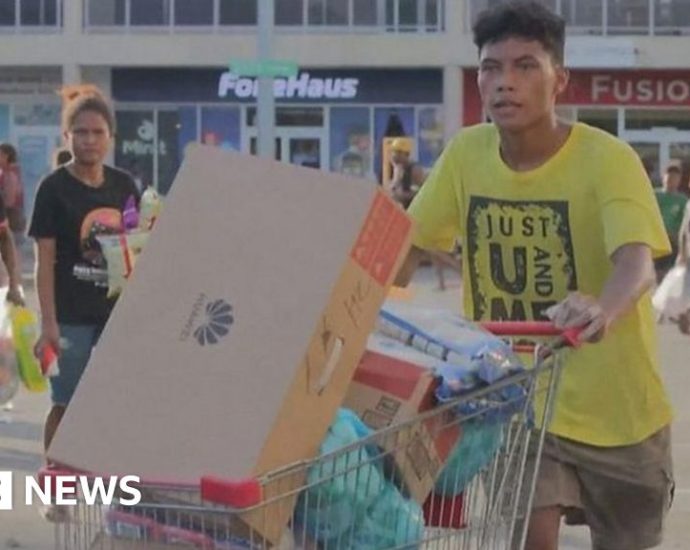3 yearsâ suspension for senior GP who inappropriately prescribed sedatives, sleeping pills

SINGAPORE: For more than a decade, a general practitioner at a Marine Parade clinic improperly prescribed long-term sedative medication to seven patients and did not refer most of them to a psychiatrist or specialist for further management.
Dr Maninder Singh Shahi’s patients – three of whom were elderly – grew dependent on the drugs, which included sleeping pills to treat insomnia.
He also failed to document his reasons for repeatedly prescribing such medication to one patient.
For his actions, the family doctor with 35 years of experience has been suspended from medical practice for three years by a disciplinary tribunal.
In its grounds of decision released on Tuesday (Jan 9), the three-member tribunal accepted the Singapore Medical Council (SMC)’s submissions for the suspension, but rejected Dr Singh’s argument for a reduction in sentence due to a delay in prosecution.
WHAT HAPPENED
Dr Singh, now aged 61, practised at 81 Family Clinic located in Marine Parade Central at the time. It has since been renamed Legacy Clinic.
He pleaded guilty before the tribunal to 14 charges of professional misconduct in relation to his actions from 2002 to 2016.
These charges included inappropriately prescribing benzodiazepines, zopiclone or zolpidem; failing to refer patients or refer them in a timely manner to a psychiatrist or medical specialist; and failing to maintain sufficient details in patients’ medical records.
Benzodiazepines treat a range of conditions such as insomnia and anxiety, while zolpidem and zopiclone are non-benzodiazepine drugs that treat insomnia.
Dr Singh prescribed these medications to the affected patients for periods ranging from seven years to 13 years and eight months.
The patient that Dr Singh treated the longest, only identified as P3, consulted him more than 300 times for insomnia.
Dr Singh prescribed benzodiazepines to P3 beyond the recommended period of four weeks, along with medication containing opioid analgesics such as codeine.
Under the SMC ethical code and guidelines, doctors are supposed to either prescribe these medications for intermittent use or short-term relief of between two to four weeks. They are also required to limit chronic benzodiazepine prescription where possible,
For patients who are prescribed benzodiazepines or other hypnotics for more than eight weeks, they should not be further prescribed with these medications and must be referred to a specialist for further management.
Where benzodiazepines are repeatedly prescribed, doctors must clearly document certain aspects in the patient’s medical records.
These include their justification for the prescription, a comprehensive assessment of the patient, and the patient’s diagnosis and psychosocial history.
PRESCRIPTIONS FUELLED DEPENDENCE: SMC
The SMC argued that Dr Singh exposed his patients to substantial potential for serious injury or harm through his inappropriate prescriptions for hypnotics.
These long-term prescriptions “undoubtedly created and/or fuelled his patients’ dependence and tolerance” towards the medications, added the SMC.
“Disciplinary tribunals have … repeatedly emphasised that the main sentencing principle in cases involving inappropriate prescriptions of benzodiazepines and non-benzodiazepine hypnotics is that of deterrence, given that such misconduct appears to be ever more prevalent,” it noted.
In his mitigation, Dr Singh said that he was not motivated by profit or greed, but wanted to help his patients by prescribing hypnotics to them.
He had a long-standing relationship with the affected patients who had stress-related issues such as insomnia or anxiety. He was concerned for them and continued prescribing the medications in the “admittedly erroneous” belief that he was helping them.
To the best of his knowledge, some of them have stopped their dependence on the medications, he said.
According to Dr Singh, he also tried to refer three patients to a psychiatrist but they were not keen to do so. In that situation, he did not want to alienate them and felt it was important that they remained in his care, where he could continue to monitor their condition.
Dr Singh also said he ran an “extremely busy” practice, seeing as many as 40 to 70 patients every day for many years.
He has since handed over primary care of the clinic to his daughter and has been seeing patients only in the evenings.
In terms of medical records, Dr Singh said it was his practice to only take brief notes during consultations before making additional notes on treatment and prescriptions in a database. Unfortunately, these digital records were lost when the hard disk crashed in 2015.
Regional implications of Taiwan elections
As 19.5 million Taiwanese voters cast their votes this Saturday, they will not only be electing a new presidency and a new Legislative Yuan but shaping the future contours of US-China contestations and especially the future of their cross-Strait relations, with deep strategic implications for the geopolitics of the Indo-Pacific region.
To some extent, this has been the story since early 1990s when Taiwanese saw an end of a long-standing military rule by Chiang Kai-shek and his son Chiang Ching-kuo of the Nationalist Party, or Kuomintang (KMT), ending in latter’s death in 1988. This period had heralded a new era of local leaders and direct elections.
However, with the rise of Communist China and its resultant rivalry with the United States, Taiwan has become a ping-pong ball in US-China power politics. The People’s Republic China, which does not govern Taiwan, claims it to be a renegade province and does not recognize any of Taiwan’s institutions.
Meanwhile, the PRC’s insistence on a “one China” policy has over the years seen the number of nations that recognize Taiwan as sovereign nation shrink drastically. Currently no more than 13 small nations have diplomatic relations with Republic of China, or Taiwan.
But the United States, which switched diplomatic recognition from Taipei to Beijing during 1970s, remains most committed to ensuring Taiwan’s security.
Greater credit, though, lies with the Taiwanese for making historic strides in various fields of technology, ensuring rapid economic growth. It is today seen as a superpower for production of semiconductors.
All this makes the outcome of this weekend’s elections all the more determinant for the future of US-China power politics.
China-centric electioneering
For the last three decades, there has been little change in a clear China-centered divide between Taiwan’s two main political parties, namely the KMT and the Democratic Progressive Party (DPP). The latter was set up in 1986 and propagates independence and stronger relations with the United States.
Leaders of the DPP have often accused the KMT of being not just soft toward but aligned with Beijing. Disillusioned by this excessive focus on US-China contestations and cross-Strait tensions, another political party, the Taiwan People’s Party (TPP), was set up in 2019 to highlight local issues such as women’s empowerment and the cost of living.
In the presidential election, the frontrunner in opinion polls at this writing is the outgoing vice-president, Lai Ching-te of the ruling DPP.
Lai promises to carry forward the work of the outgoing president Tsai Ing-wen and propagates sovereignty and democracy. Understandably, he is deeply distrusted by Beijing. Tsai’s eight years in power witnessed suspension of dialogue with Beijing, with the August 2022 visit of then-US House Speaker Nancy Pelosi marking the peak of their saber-rattling.
Pelosi’s visit saw China unleashing its largest ever military exercises in the Taiwan Strait including four days of blockade showcasing its capabilities. This, however, made no dent in Tsai’s policies, with the last leg of her tenure marking her visit to Latin America with well-publicized stopovers in the United States that included interactions with American leaders.
Upping the ante as part of his election speeches, Lai now explains China’s alleged interferences in the Taiwan election as nothing but an experiment that China may later repeat against other countries in the region.
By comparison, Hou Yu-ih of the main opposition, the KMT, who is reported lately catching up with the DPP candidate, favors closer ties with mainland China by further strengthening their economic partnerships.
On the issue cross-Strait relations, Hou advocates that Taiwan and the mainland belong to one China but with each side being free to interpret what that means – a view that is acceptable to the PRC, which has always propagated the template of “one country, two systems” for Taiwan.
Then there is a third candidate, a former mayor of Taipei, Ko Wen-je, of the TPP. He focuses on local issues and seeks to find his space by appealing to young voters who may be disillusioned by the excessive China-centric rivalry between the DPP and KMT.
He also appeals to increasing emotions of indigenization of politics with focus on issues of reviving the economy and reducing taxes and housing prices. Indeed, many Taiwanese believe that doomsday scenarios of a cross-Strait war have been exaggerated by US-China contestations and by Chinese and American commentators.
US-China contestation
The PRC, which treats Taiwan as a renegade province, has also evolved its narratives from liberation to integration of Taiwan, if necessary with use of force.
China’s 2005 Law of National Succession, for the first time, officially authorized such use of force and it was reiterated most recently in Beijing’s August 2022 white paper on “The Taiwan Question and China’s Reunification in the New Era” that describes reunification being inevitable for realizing China’s national rejuvenation. President Xi Jinping’s speeches have reiterated it multiple times.
The United States, on the other hand, only “acknowledges” (rather than recognizes) “one China” and does not endorse the PRC’s sovereignty over Taiwan. Indeed, at the time of its formal diplomatic recognition of Communist China, the US Taiwan Relations Act of 1979 promised ensuring the security of Taiwan.
More recently, the Donald Trump presidency, which saw a ratcheting up of US-China trade and technology wars, initiated a new Taiwan Policy Act that was finally enacted in 2022.
This act designates Taiwan as a non-NATO alliance partner, pledging long-term military aid of $4.5 billion during the next five years. Moreover, it upgraded the US Taiwan Economic and Cultural Representative Office to just Taiwan Representative Office, giving it a ring of a normal or quasi-formal US embassy.
This period has also seen the US leading narratives and initiatives for reframing Indo-Pacific geopolitics and increased naval patrolling by the US and its alliance partners, though the Ukraine and Israel wars have partially distracted media attention away from this flashpoint.
The current US administration of President Joe Biden has increased its support for Taiwan, approving new arms sales, sending high-level officials, and conducting joint military exercises.
The US likely hopes that the Taiwan election will result in a peaceful and democratic transition of power, and that the elected leader will uphold Taiwan’s autonomy and dignity, and maintain constructive dialogue with Beijing.
Washington also expects the elected leader to cooperate with the US and its allies on regional and global issues, such as countering China’s assertiveness in the South China Sea and in promoting human rights and rule of law, and addressing climate change and public health issues.
Regional implications
This weekend’s elections remain relevant for regional powers like Japan, which ruled Taiwan for five decades before, at end of World War II, returning it to Kuomintang-ruled mainland China. Even today, Japan remains Taiwan’s strategic partner, and Tokyo sees it as vital part of the larger regional security architecture.
Japan has often expressed concern over China’s military activities near Taiwan, and supported Taiwan’s participation in international organizations. Japan has also enhanced its cooperation with Taiwan in various fields, such as trade, technology, culture, and defense.
Japan likely wants to see the Taiwan election resulting in a stable and friendly government, and that the elected leader will respect Japan’s interests and values, and work together with Japan and the US to safeguard regional peace and prosperity.
India has also expanded its partnerships with Taipei, with the opening of a third representative office of the Taipei Economic and Cultural Centre in Mumbai in addition to one in New Delhi and a second one in Chennai that were opened respectively in 1995 and 2012.
This is where a DPP victory for a third consecutive term may see China intensifying its coercive measures against Taiwan resulting in more military drills, cutting off trade and tourism, and diplomatically isolating Taiwan.
Western media have already accused China of influencing public opinion in Taiwan by spreading disinformation and propaganda. This will push a re-elected DPP presidency further toward the US, Japan, and other like-minded nations and become more suspect in Beijing’s eyes.
If the KMT wins, which is not completely unlikely, it is expected to pursue a more pragmatic and conciliatory approach toward Beijing, thus putting an end to mutual provocations.
At the least, it may resume dialogue and exchanges with Beijing hoping to ease tensions, and China may allow it an expanded market access and even reduce tariffs, to entice the KMT to accept the one-China principle and move toward unification.
But the KMT exploring a balanced relationship with the United States and its Western partners will have its challenges.
Singapore, Malaysia sign deal to set up special economic zone in Johor; passport-free access at land checkpoints being explored
JOHOR BAHRU: People travelling between Singapore and Johor may soon be able to enjoy passport-free clearance on both sides of the border, as well as digitised processes for cargo clearance at the land checkpoints. These are among the “early initiatives” being explored leading up to a new Johor-Singapore Special Economic ZoneContinue Reading
China warns Taiwan’s ruling DPP presidential candidate is dangerous
Both the DPP and the main opposition Kuomintang (KMT) party parties support Taiwan’s sovereignty but offer different views on the island’s relations with China. The KMT argues that both Taipei and Beijing belong to one single China but each can interpret what that means under something called the “1992 consensus”,Continue Reading
Man raped former schoolmate after confessing feelings for her, gets jail and caning
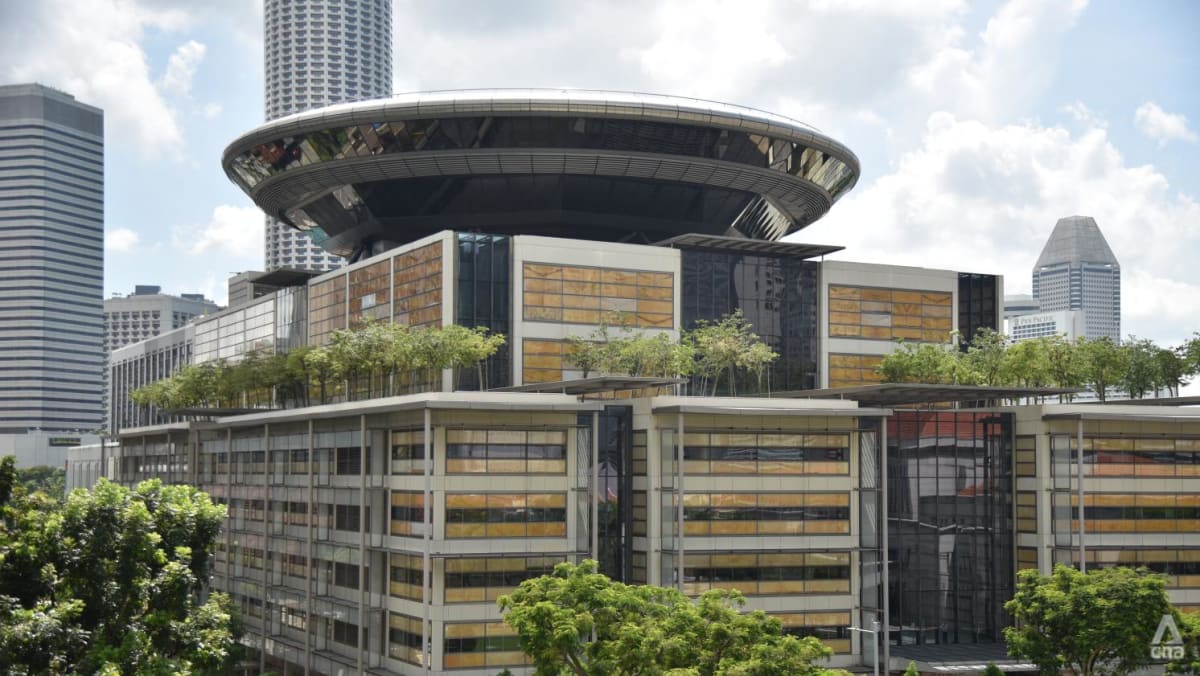
SINGAPORE: A man who fathered a child with his girlfriend from a group of friends in school harboured feelings for another woman from the same group, even after they had graduated and secured jobs.
He invited the woman to his home to meet him and his one-year-old daughter and raped her after confessing his long-standing feelings for her.
The man, now 25, was sentenced to seven years and nine months’ jail and six strokes of the cane on Thursday (Jan 11).
He pleaded guilty to one count of rape, with other charges including sexual assault taken into consideration.
He cannot be named as it might lead to the identification of the victim, who was 20 at the time of the rape.
The court heard that the offender and the victim were schoolmates at a tertiary education institution and their group of mutual friends included the offender’s then-girlfriend.
After graduating, the offender and the victim both became hairdressers.
On Nov 24, 2021, the offender was home with his one-year-old daughter, whom he fathered with his girlfriend from school.
He invited the victim to lunch. The victim declined at first, as she had plans.
However, the offender asked the victim to meet him and his daughter, offering to pay for transport or to buy her a meal and assuring her that his girlfriend would not mind.
The victim relented, and the offender told his friend – whose flat he was staying at – that he had invited a female friend over to discuss her problems.
When the victim went over, they talked about hairdressing before entering the offender’s room to continue their chat.
During their conversation, the offender confessed to the victim that he had liked her since they were in school, adding that it was unfortunate that he was already in a relationship.
The victim did not know how to respond and simply said: “Oh, ok.”
This was followed by a short period of silence, the prosecution said.
The offender then kissed her without warning.
Shocked, the victim told him not to do that as he was already in a relationship and had a daughter.
However, the offender ignored her and raped her.
The victim later lodged a police report.
SHE TRUSTED HIM: DPP
Deputy Public Prosecutor Selene Yap asked for at least eight years’ jail and six strokes of the cane.
She said the offender had not used protection, which significantly increased the risk of pregnancy and sexually transmitted diseases.
The victim had trusted the offender as a friend, but he ignored her repeated pleas for him to stop, said Ms Yap.
Defence lawyer Wasiur Rehman asked for six to seven years’ jail and six strokes of the cane.
He said his client was “caught up in the moment” and “driven by intense emotions brought from his confession”.
He said his client was always punctual for all meetings with the investigating officer and replied the officer’s calls and messages promptly.
“I will just say that my client is regretful and remorseful. He regrets … the wrong he has done,” said the lawyer.
“Now reflecting on his actions, he promises to be a better person. He just wants to go back to his family … and start over a new leaf.”
The prosecutor, Ms Yap, said the offender “never admitted” to the offence, first denying the rape.
“It was only subsequently that he admitted there was such a penetration and that it was consensual,” said Ms Yap.
Responding to a point made in the mitigation plea that the offender was a “victim of a traumatic event”, Ms Yap said: “I struggle to see what’s the mitigating value in that. If anything, he should have been well aware of the harm his actions could’ve inflicted on the victim, him being a victim himself.”
As for the “immense emotional burden” on the offender’s mother cited by the defence, Ms Yap said there was no evidence that this was “exceptionally more than what would ordinarily happen when an offender is sentenced to imprisonment”.
In sentencing, Justice Mohan Ramamirtha Subbaraman said the offence of rape is the gravest of sexual offences.
While he considered the man’s early plea of guilt and remorse, he said he did not consider that any of the allegedly mitigating factors raised by the defence were relevant or supported by any evidence.
Two officers seriously wounded in Yala shooting
PUBLISHED : 11 Jan 2024 at 11:08

YALA: Authorities were hunting down a group of armed men who opened fire at a pickup truck carrying border patrol police in Bannang Sata district of this southern border province on Wednesday afternoon causing panic among residents who fled the scene. The attack left two officers seriously wounded.
The shooting took place in front of a grocery store at Buesu village in Bannang Sata, said police who were reported about 3.15pm on Wednesday.
The targeted attack on border patrol officers occurred shortly after their pickup truck had been parked outside the store for the officers to make purchases.
Pol Cpl Thanakit Jaihao was shot in the right ear, while bullets struck Pol Cpl Watchara Mayachieo in the right shoulder and left arm. The injured officers were sent to Bannang Sata Hospital.
On Thursday, police obtained footage of security camera that showed a group of four armed men opening fire at border patrol police after the officers’ vehicle had been parked.
The CCTV footage showed the gunmen rushing towards a local resident’s parked pickup truck and launching an attack on the border patrol police’s vehicle in front of the store. The officers used another pickup truck parked in front of the store as a bunker and returned fire. After the brief gunfight, the assailants fled on two motorcycles. During the attack, vendors and local residents fled in panic.
Police said they were hunting down the four armed men. The officers believed the attackers might be members of insurgent groups wanting to create southern unrest.

Four armed men riding two motorcycles sprayed bullets at a pickup truck of border patrol police. Following the clash, the attackers fled on two motorcycles. (Photo: Abdullah Benjakat)
Power tariff capped at B3.99-4.18/unit

PUBLISHED : 11 Jan 2024 at 10:41
The government’s Energy Regulatory Commission (ERC) has capped the power tariff at 4.18 baht per unit from January to April this year, with the rate for low consumption set at 3.99 baht, according to the government.
Deputy government spokeswoman Rudklao Intawong Suwankiri said on Thursday that despite the recent surge in gas prices, the Electricity Generating Authority of Thailand (Egat) and national oil and gas conglomerate PTT Plc cooperated well with the policy of the Energy Ministry to control the power tariff.
The government has also subsidised power tariffs for households consuming no more than 300 units per month. Their electricity fee would then remain at 3.99 baht per unit until April. The subsidy would benefit about 17.7 million households, Ms Rudklao said.
The ERC said earlier that it planned to raise the power tariff to 4.68 baht for the January-April period because of a projected increase in fuel costs and the need to reimburse the state-operated Egat.
Egat shouldered huge losses after it subsidised electricity bills between September 2021 and May 2023, under a government programme to ease the impact of higher fuel prices on households and businesses.
Fares for Johor Bahru-Singapore RTS Link to be ‘determined commercially’ by operator: Chee Hong Tat
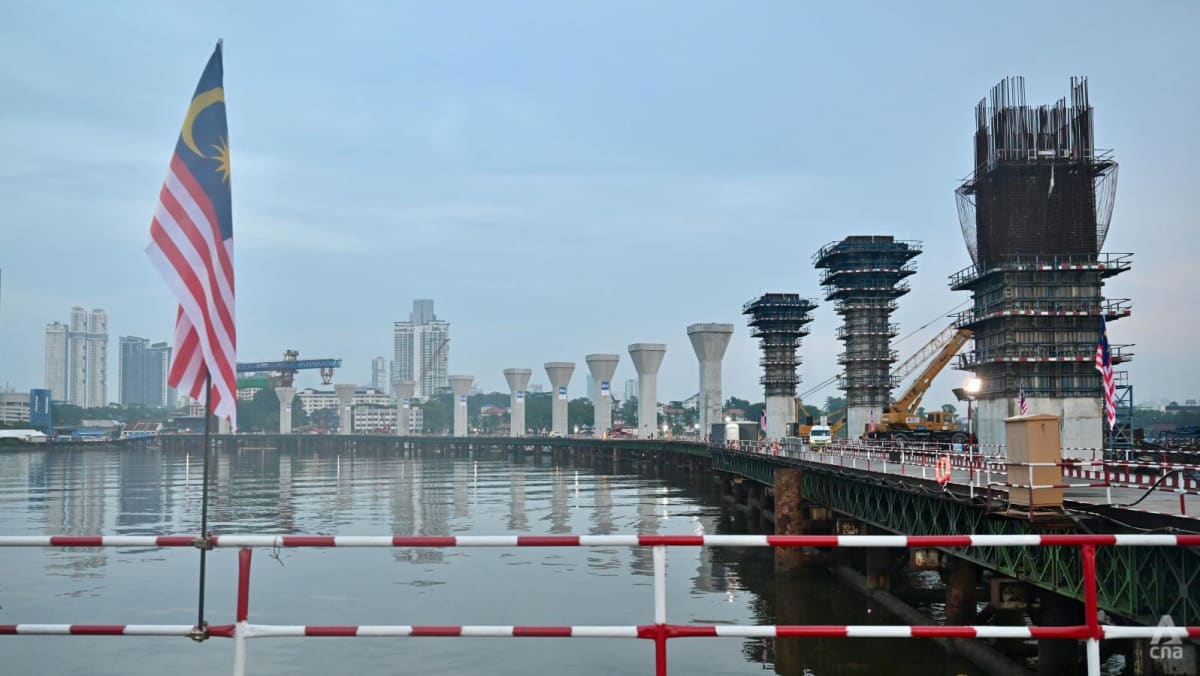
SINGAPORE: Fares for the Johor Bahru-Singapore Rapid Transit System (RTS) Link will be “determined commercially” by the operating company once the shuttle service is up and running, said Acting Minister for Transport Chee Hong Tat on Thursday (Jan 11).
The company, RTS Operations, will have to consider certain factors, such as the demand for RTS services and “the cost of providing an efficient and reliable service for commuters on a financially sustainable basis”.
They will also have to take into account the fares being charged by alternative travel options, such as taxis, coaches and ferries, Mr Chee told reporters on the sidelines of the commemorative ceremony to mark the completion of the RTS Link’s connecting span.
At the ceremony on Thursday, Singapore Prime Minister Lee Hsien Loong and Malaysia Prime Minister Anwar Ibrahim signed commemorative plaques symbolising a shared commitment to the rail project to improve connectivity between Singapore and Johor Bahru.
The project is now more than 65 per cent complete on each side. The RTS Link is expected to start passenger service by the end of 2026.
Papua New Guinea: Several feared dead after major rioting and unrest
This video can not be played
To play this video you need to enable JavaScript in your browser.
Several people are feared dead after major rioting and unrest hit Papua New Guinea’s capital, Port Moresby.
Shops and cars were set on fire and supermarkets looted as hundreds took to the streets after police went on strike over a pay dispute.
National Capital District Governor Powes Parkop said in a radio broadcast that the looting had been carried out by “opportunists”.
The government has deployed the army to try and restore order.
“We have seen unprecedented level of strife in our city, something that has never happened before in the history of our city and our country,” Mr Parkop said in a radio address, according to a Reuters report.
He added that “some people sadly lost their life today” though he did not give a number of dead.
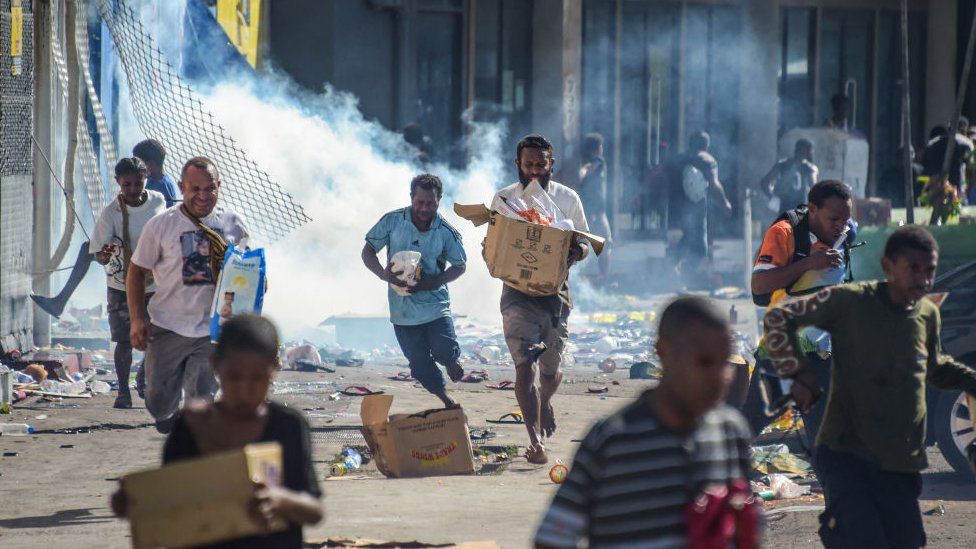
The unrest was triggered after police and other public servants staged a protest strike outside parliament on Wednesday, after discovering that their pay had been reduced by up to 50%.
Prime Minister James Marape said up to 300 kina ($120;62) had been deducted from the pay-checks of public servants because of a computer glitch, and the government was not raising taxes as the protesters claimed.
“Social media picked up on this wrong information, misinformation,” said Mr Marape, according to the New York Times, adding that people took advantage of police being off the streets.
TV footage showed large crowds and looting across the city. A large shopping centre was among the buildings set on fire.
Ambulance officials said they had attended to several shooting injuries, while the US embassy reported shots near its compound.
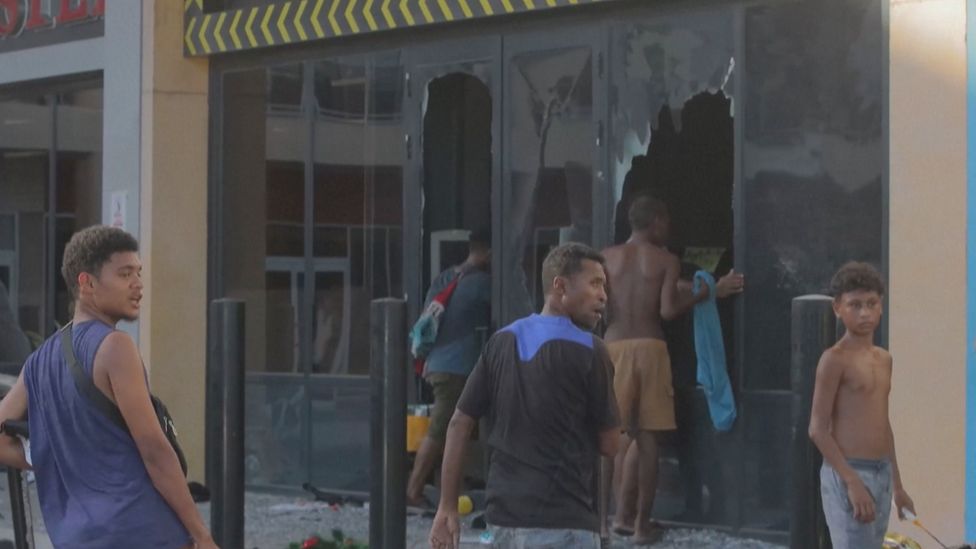
By Wednesday night, much of the violence had ceased as initial reports filtered in of deaths. Port Moresby has a population of about 400,000 people.
On Thursday, Australia, a neighbouring and major security partner for PNG, urged for calm in the country.
Related Topics
Watch: Looters overrun streets in Papua New Guinea
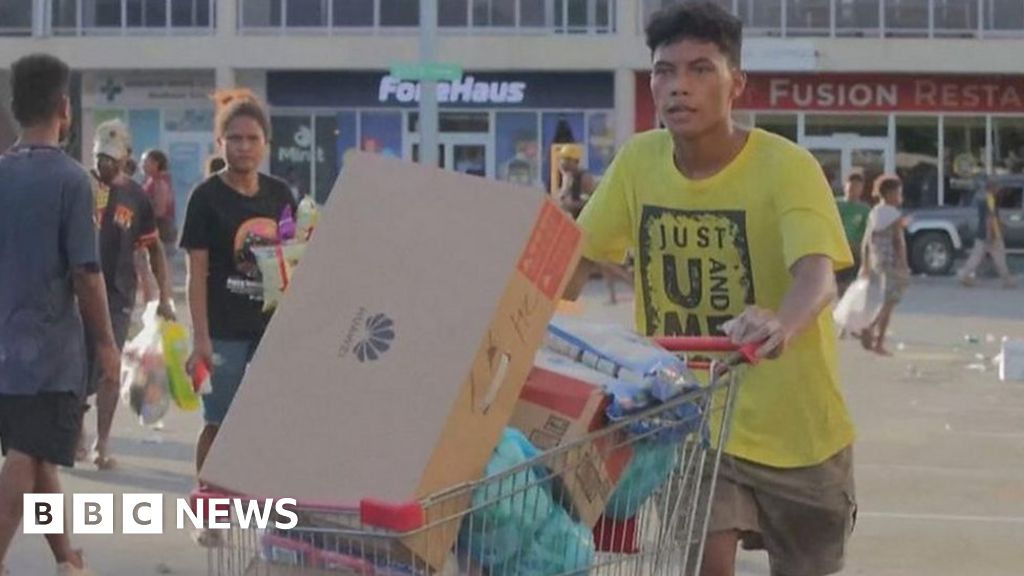
Angry protests descended into violence on Wednesday in Port Moresby, the capital of Papua New Guinea, after police went on strike following a pay dispute.
Widespread looting and arson left shopfronts, warehouses and other buildings damaged.
A crowd knocked down a security fence at the prime minister’s office and torched a police car outside.
Defence personnel were called in to restore order.



